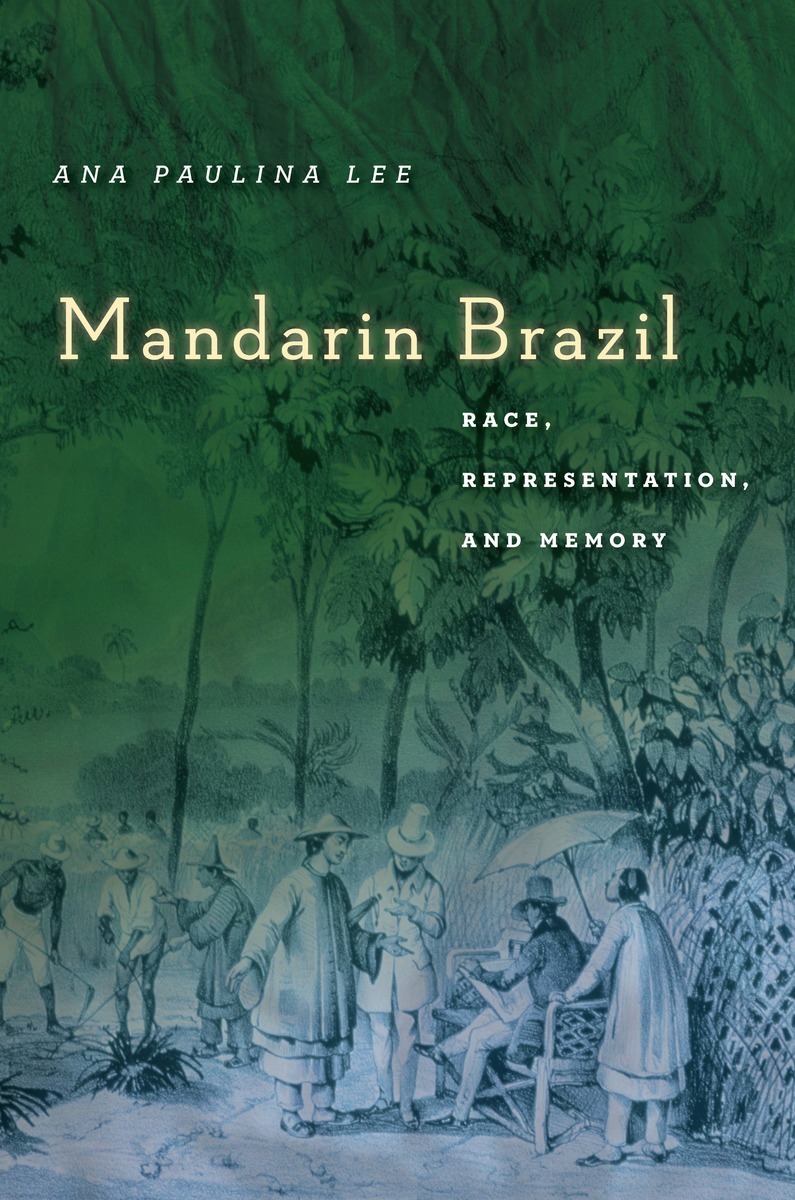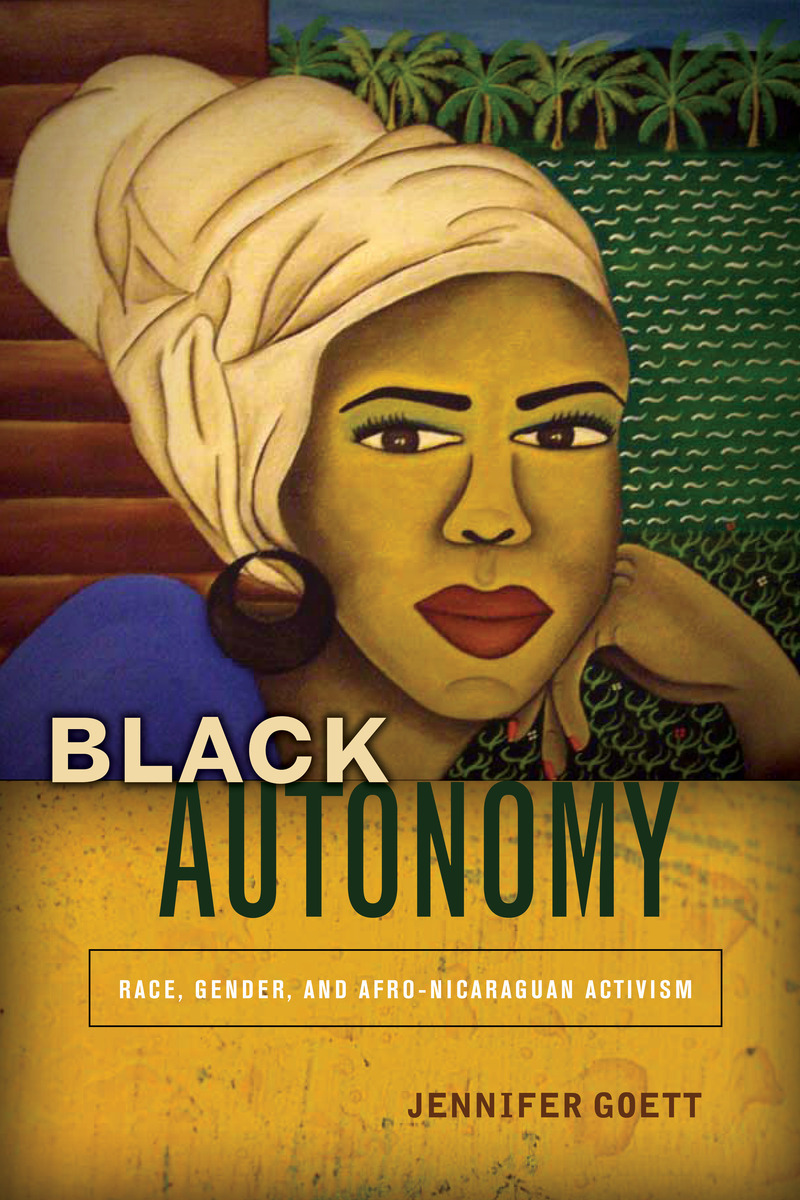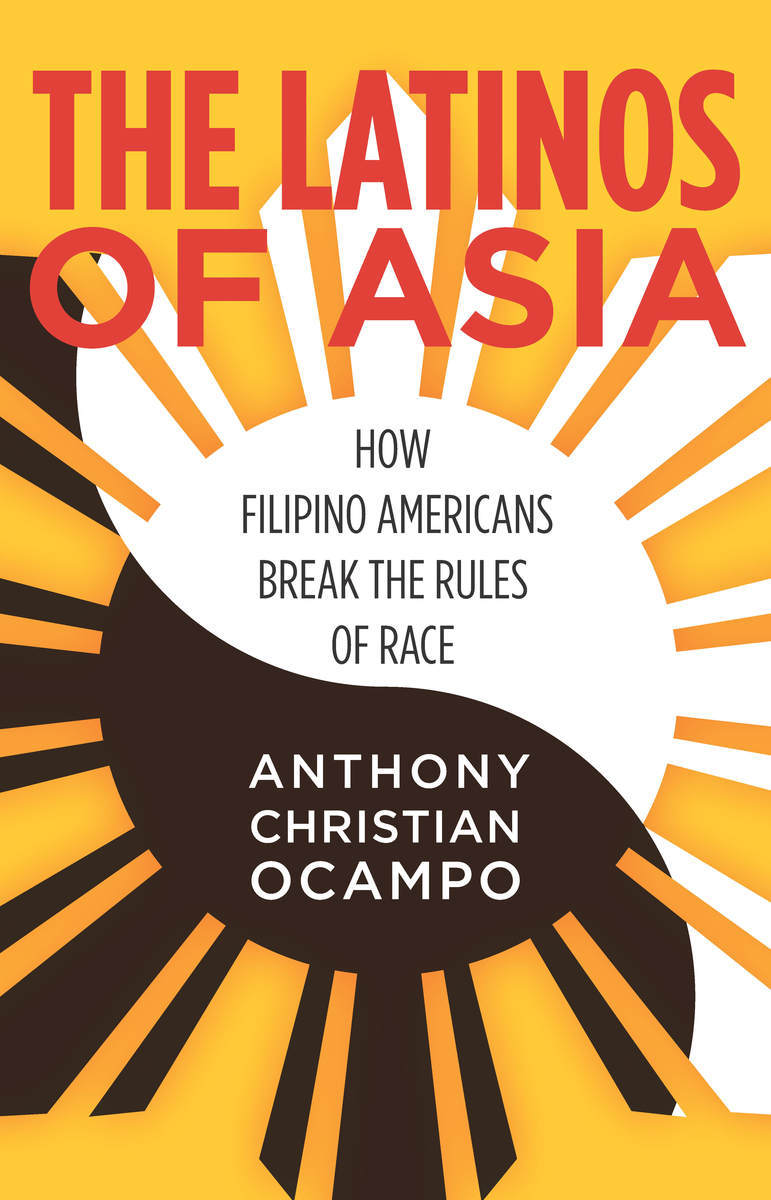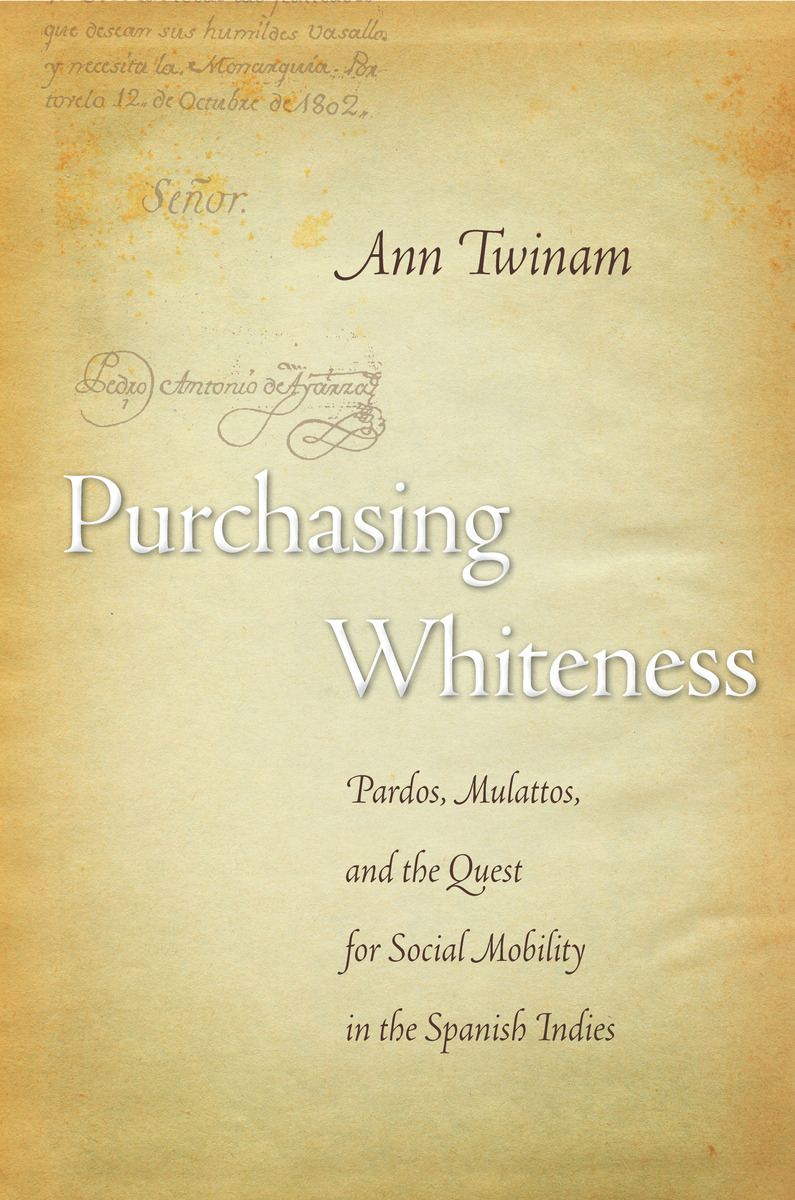The Famous Fultz QuadsPosted in Articles, Biography, Economics, History, Media Archive, Native Americans/First Nation, United States, Women on 2020-03-22 02:18Z by Steven |
Stanford University Press Blog
February 2020
Andrea Freeman, Associate Professor of Law
William S. Richardson School of Law
University of Hawai’i, Mānoa
Pet Milk ad featuring the Fultz quadruplets. Their doctor sold the rights to use the sisters for marketing purposes to the highest-bidding formula company. “Four Little Babies.” Pet Milk, “Four Little Babies Become Four Little Ladies,” advertisement, Pittsburgh Courier, October 22, 1949, 5. Public Domain. |
The origin of America’s first surviving set of identical quadruplets.
We’re pleased to present an excerpt from Chapter 1 of Skimmed: Breastfeeding, Race, and Injustice » by Andrea Freeman.
Annie Mae Fultz could not afford to let anything go wrong with her pregnancy. Her doctor, Fred Klenner, had detected three tiny heartbeats inside her. It was 1946. Annie Mae was a tall, strong, thirty-seven-year-old half-Black, half-Cherokee woman from Tennessee.1 Dr. Klenner, although originally from Pennsylvania, happily adhered to southern racial norms.2 He had separate waiting rooms for Blacks and Whites in his downtown Reidsville, North Carolina, office. The old-fashioned decor of his practice matched his dated views. His segregated waiting rooms gave way to treatment rooms full of ancient furniture and unusual medical instruments.3 His walls displayed White supremacist literature and, later, a “Vote for George Wallace” poster.4 He vigorously defended Hitler as misunderstood to anyone who would listen.5 The local hospital where he delivered babies, Annie Penn Memorial, relegated Black mothers to the basement.6 Despite his unapologetic racism, Annie Mae had faith in Dr. Klenner’s medical abilities…
Read the entire chapter here.








